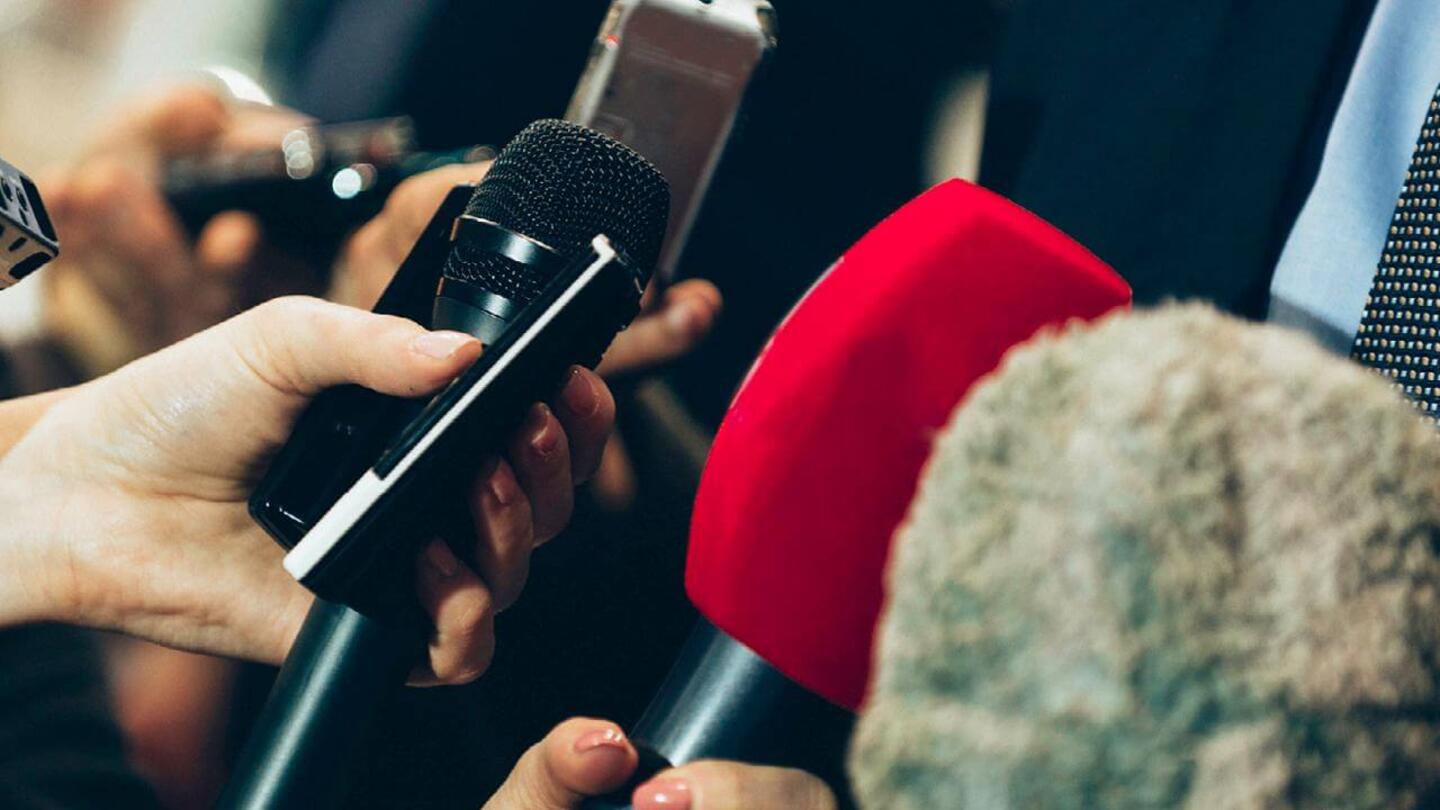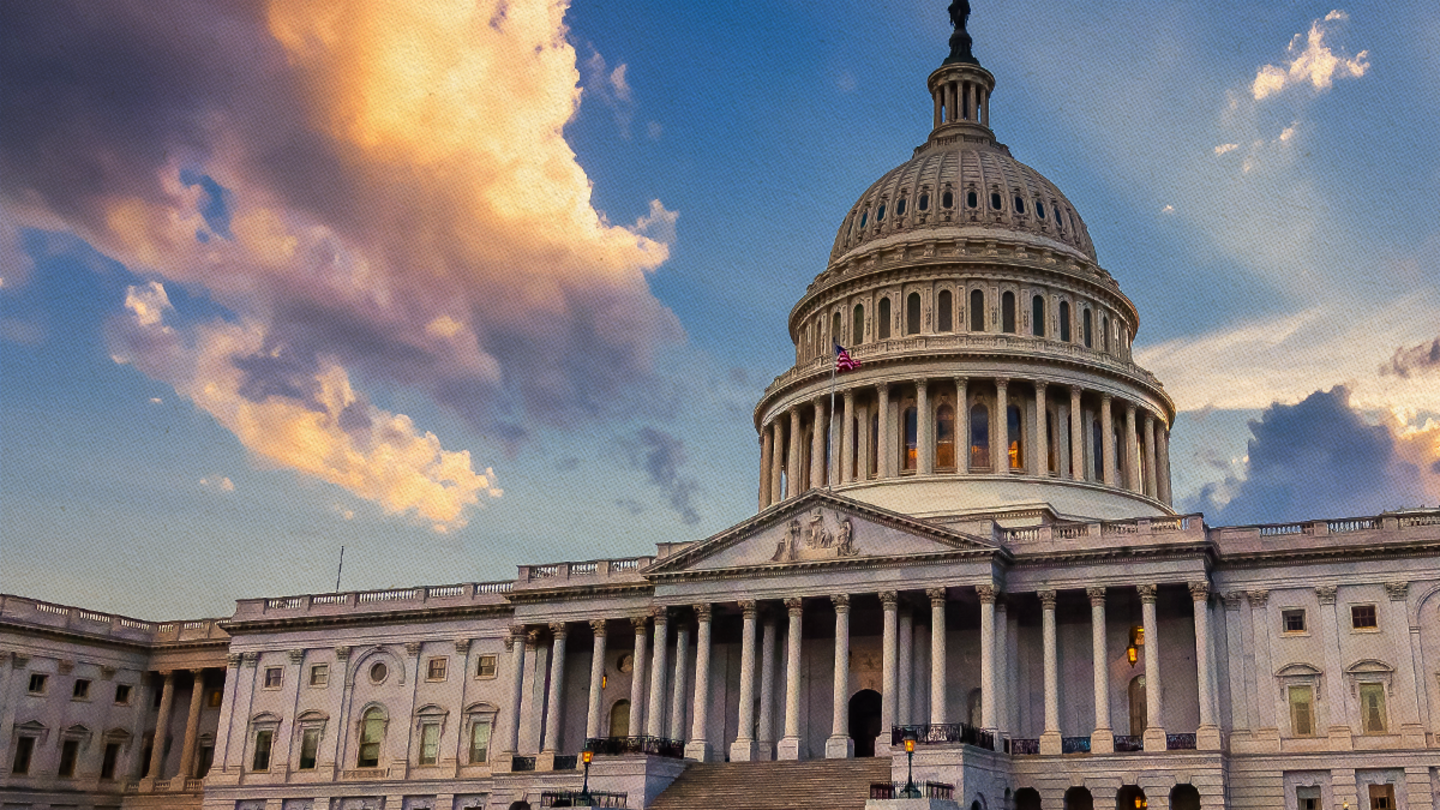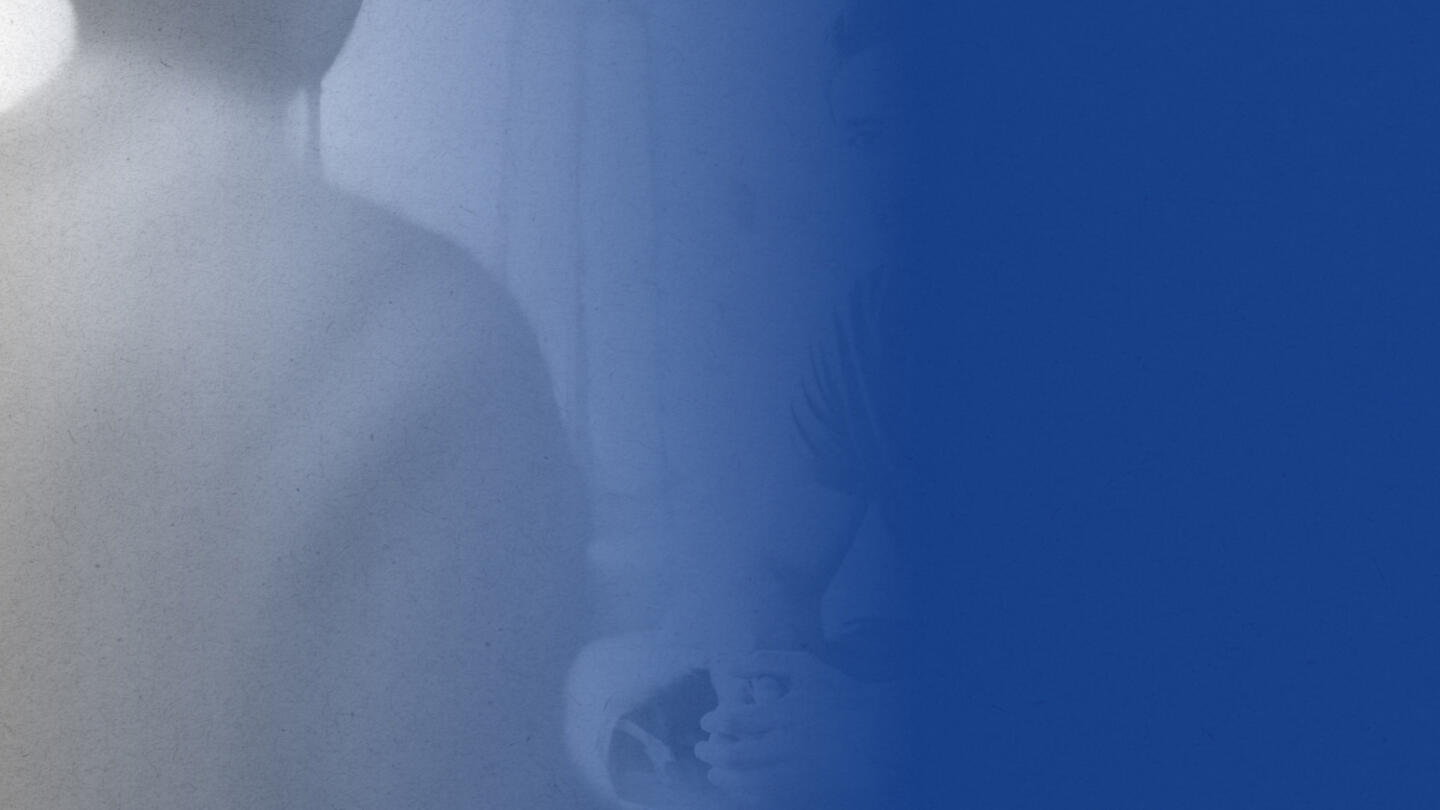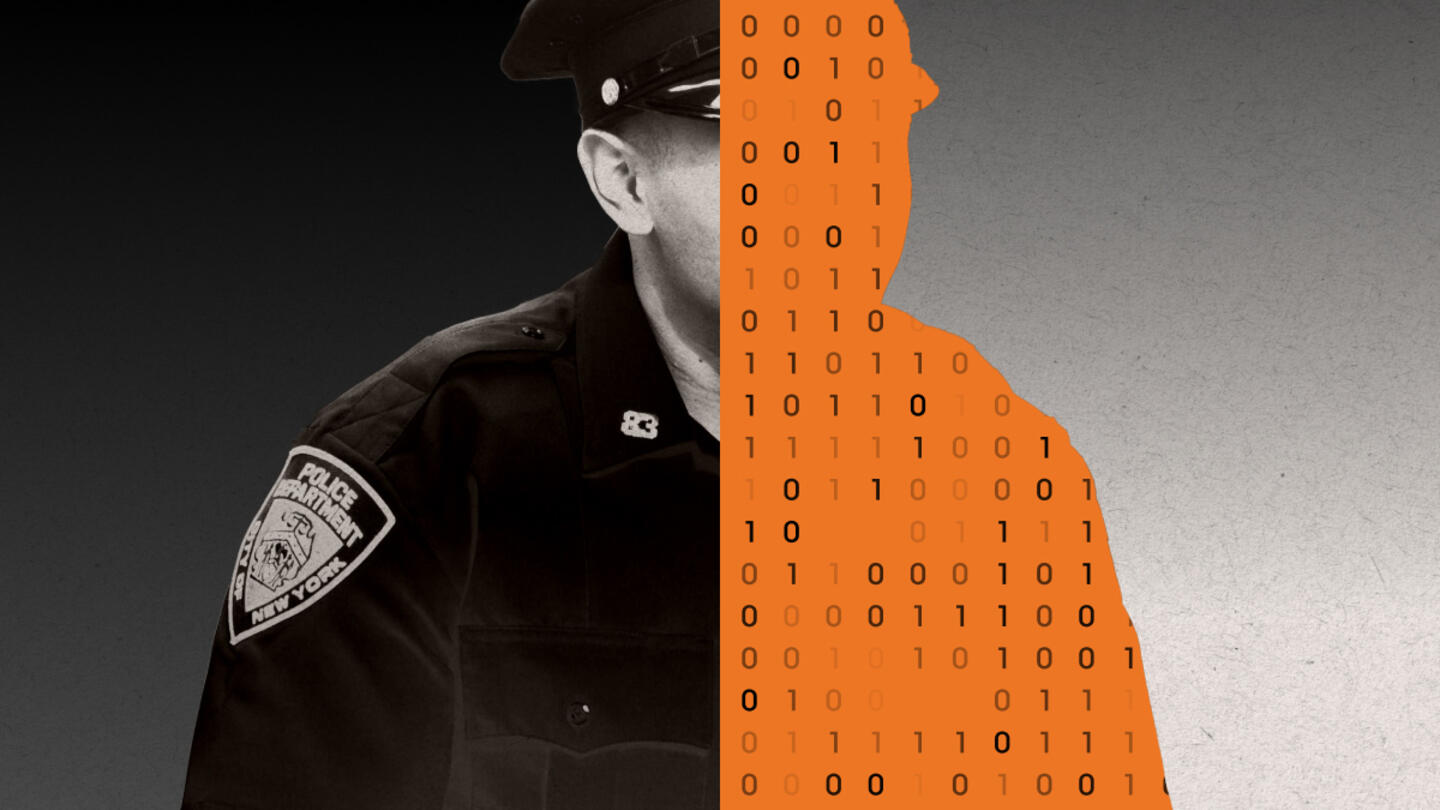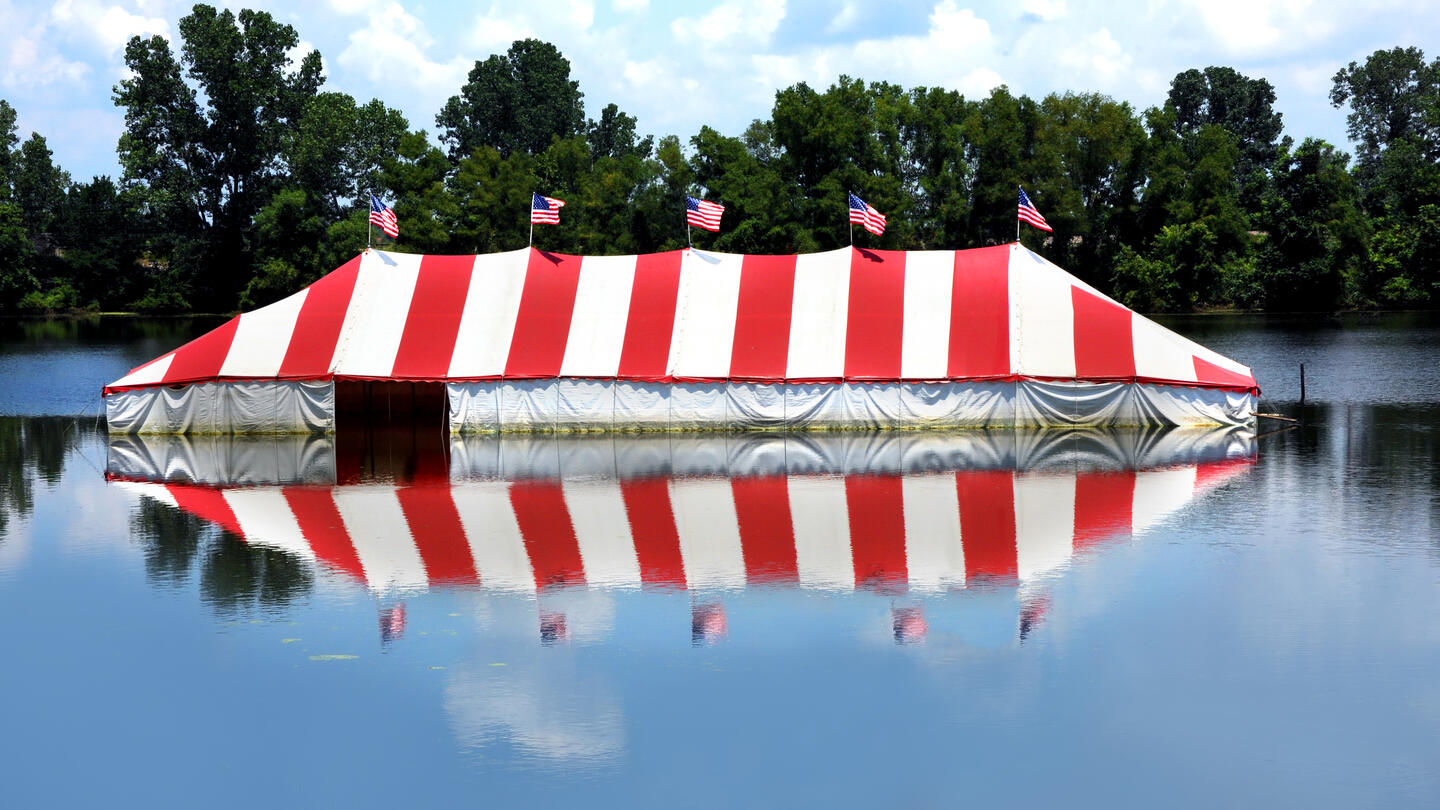This article was originally published by Stand Together Trust.
A free press is guaranteed by the U.S. Constitution, but no right is truly guaranteed. Despite the United States’ historic role as a global champion of free speech, the nation often receives less-than-stellar marks when it comes to protecting the press (the United States is ranked only 45th out of 180 countries in a report on media freedom).
Freedom of the press is important because it plays a vital role in informing citizens about public affairs and monitoring the actions of government at all levels. While the media may be unpopular — 43% of Americans say the media supports democracy “very poorly” or “poorly,” a Knight Foundation/Gallup report found — this role should not be forgotten.
To protect our rights, we must understand our rights. Here are four fundamental facts we should all remember about freedom of the press:
Media-bashing is as old as the nation itself. George Washington once referred testily to the “infamous scribblers” who covered his administration. But our revolutionary forefathers knew that when the press examines the actions of government, the nation benefits. News organizations expose corruption and cover-ups, deceptions and deceits, illegal actions and unethical behavior — and they hold our leaders and our institutions accountable, whether it’s a rural county in Kentucky or the state government in Illinois.
Freedom of the Press Quotes
“Republics and limited monarchies derive their strength and vigor from a popular examination into the action of the magistrates,” Benjamin Franklin declared. By sharing knowledge and sparking debate, a free press invigorates and educates the nation’s citizens. Freedom will be “a short-lived possession” unless the people are informed, Thomas Jefferson once said. To quote John Adams: “The liberty of the press is essential to the security of the state.”
The Bill of Rights was modeled after the Virginia Declaration of Rights, written by George Mason in 1776. During the Constitutional Convention, Mason and other Anti-Federalists, including James Monroe and Patrick Henry, believed that the U.S. Constitution failed to place specific limits on the government’s power. That led to the eventual creation of the Bill of Rights and its ten amendments, written by James Madison.
What does the First Amendment say about freedom of the press?
The First Amendment is one of the great statements in the history of human rights. It declares: “Congress shall make no law respecting an establishment of religion, or prohibiting the free exercise thereof; or abridging the freedom of speech, or of the press; or the right of the people peaceably to assemble, and to petition the government for a redress of grievances.”
That means the government cannot punish you for your views, thoughts, or words, even if they’re unpopular save for very narrow limits. But we the people can say what we think — and the press can perform its essential role: to agitate, investigate, and scrutinize our leaders and institutions.
That freedom is the difference between a democracy and a dictatorship.
The press is under attack
Threats against journalists aren’t new. The Sedition Act of 1798 prohibited the publishing of “false, scandalous, and malicious writing” against the government, and was “perhaps the most grievous assault on free speech in the history of the United States,” writes Geoffrey Stone, author of Perilous Times — Free Speech in Wartime.
Antiwar journalists were arrested in World War I and during the Red Scare. In 1971, the U.S. government attempted to cease publication of the Pentagon Papers. Journalists such as former New York Times reporter Judith Miller have chosen jail sentences rather than reveal confidential sources, and in 2007, Joe Arpaio, then sheriff of Maricopa County in Arizona — agitated by investigations into his commercial real estate transactions by the Phoenix New Times — arrested journalists at their homes on false charges.
Today, reporters face an increasingly hostile environment. Journalists and freelance writers have been forced to hand over cell phones and other devices to border agents for inspection when exiting or entering the United States, the nonprofit Committee to Project Journalists reports. Border agents have also interrogated them about everything from private conversations to their social media posts.
At a local level, journalists were arrested at least 34 times in 2017, according to Reporters Without Borders. Nine journalists were arrested for covering protests in St. Louis, the group reports, and a journalist in North Dakota was arrested for covering a Dakota Access pipeline protest. Reporter Dan Heyman was jailed in West Virginia last year after asking then Health and Human Services Secretary Tom Price a question about healthcare legislation (the charge was willful disruption of state government processes). On a national level, the President has retweeted violent memes against CNN and railed against reporters and news outlets that criticize his administration, even stating that certain media outlets should lose their broadcasting licenses. He has called the press “enemies of the people,” a phrase also used by 20th century authoritarians.
The Trump administration’s proposed tariffs could also hurt the newspaper industry. Newsprint is the second largest expense for small papers after human resources costs, according to the National Newspaper Association, and the White House is calling for tariffs of up to 32 percent on uncoated groundwood paper. That would be a major blow for an industry already suffering from layoffs and downsizing: From January 2001 to September 2016, the number of newspaper jobs fell from 412,000 to 174,000, according to the Bureau of Labor Statistics.
Why is freedom of the press important in a democracy?
Thomas Jefferson once quipped that he’d rather have newspapers without a government than a government without newspapers. He changed his mind, however, after the presidential campaign of 1800, when he endured the scrutiny of the press.
Politicians from Franklin Roosevelt to Bill Clinton to Donald Trump have similarly complained about the media, which means the press is doing its job. Journalists are watchdogs — not cheerleaders. They ignite dialogue on essential issues. They share the truths that powerful people would rather conceal. They are the force that holds our leaders accountable for their actions.
When our leaders threaten journalists, they are threatening the First Amendment, along with our most basic rights. “Our liberty depends on the freedom of the press,” said Jefferson, “and that cannot be limited without being lost.”
***
Learn more about Stand Together’s work to defend America's constitutionally limited government, and explore ways you can partner with us.
